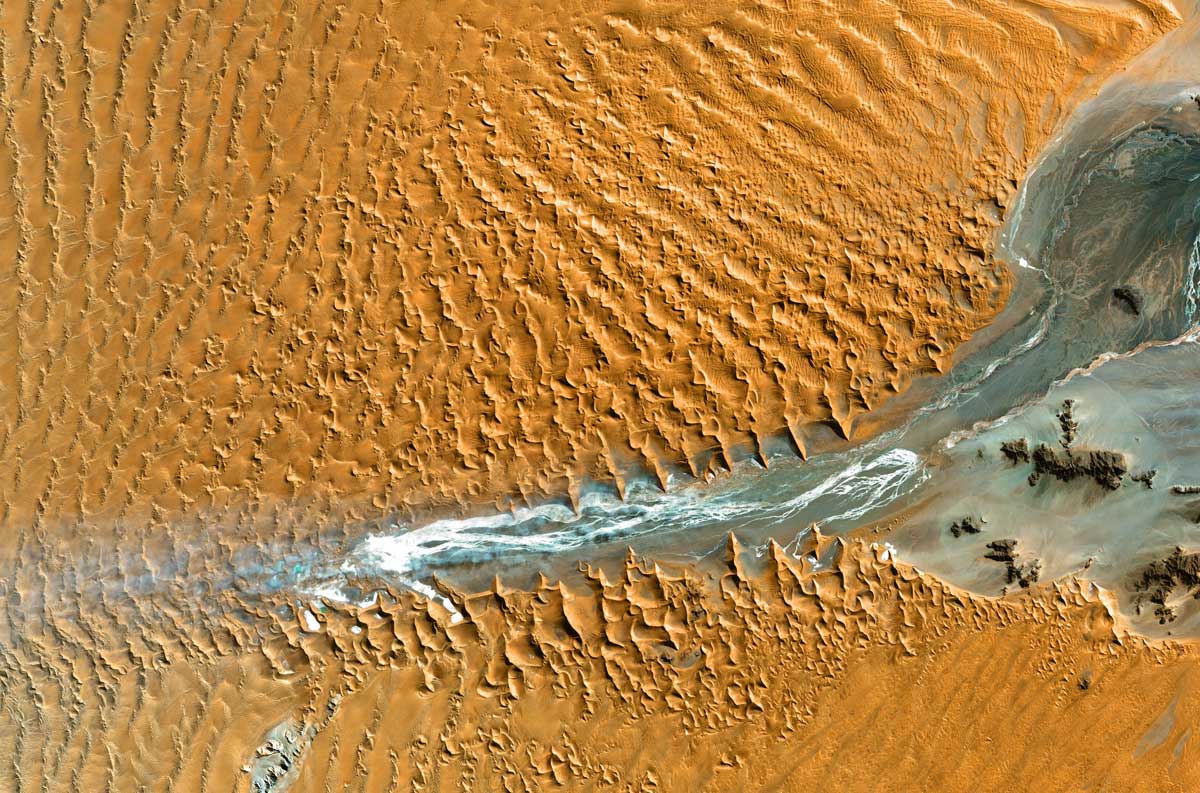“A nation that destroy its soils, destroy itself. Forests are the lungs of our land, purifying the air and giving fresh strength to our people.” _ Franklin D. Roosevelt
Human activities are causing climate change, which is certainly a sad reality. Through our own hands, we are all equally responsible for destroying our motherland, like burning fossil fuels, which is causing a long-term shift in Earth’s average weather patterns. Numerous other acts are leading to a range of influences, including rising sea levels, more frequent and intense extreme weather events, and disturbances to ecosystems and human social order. Scientists predicted that global temperature will increase from human-made greenhouse gases, which will increase and intensify severe weather damage. What? Scientists predicted a long time ago we are seeing its effects already, such as sea level rise, the loss of sea ice, melting glaciers and ice sheets, and more intense heat waves. The possible future effects of worldwide climate change consist of an increase in the wind intensity and rainfall from tropical cyclones, longer periods of drought in some areas, and more frequent wildfires. The more concerning fact is that some changes, such as droughts, wildfires, and extreme rainfall, are happening quicker than what scientists have assessed previously. According to the Intergovernmental Panel on Climate Change (IPCC), the United Nations body established to assess the science associated with climate change, today’s generation has never observed changes like this in their global climate before, and some of these changes are irreversible over the next hundreds to thousands of years.
“The scientific evidence is unequivocal: climate change is a threat to human well-being and the health of the planet. Any further delay in concerted global action will miss the brief, rapidly closing window to secure a livable future.” _ (INTERGOVERNMENTAL PANEL ON CLIMATE CHANGE)
Scientists show their concern over climate; if it continues to warm, then the intensity of hurricane-associated rainfall rate will increase. We will see in upcoming years that drought and heat waves are expected to become more penetrating and cold waves less penetrating and less frequent. If the current projection holds, the Arctic Ocean will likely become essentially ice-free in late summer due to the sea ice that covers the Arctic Ocean being expected to continue decreasing. While scientific models are powerful tools for predicting future climate scenarios, uncertainties remain. Factors such as natural climate variability, solar activity, and oceanic cycles sometimes make long-term predictions challenging. These uncertainties highlight the need for continued research to refine models and improve their accuracy. Climate change threatens biodiversity at an unprecedented rate. Rising temperatures and shifting weather patterns are altering habitats, pushing many species toward extinction. The collapse of ecosystems like coral reefs and rainforests could have far-reaching consequences for food chains and human livelihoods. Despite scientific warnings, achieving global consensus on emission reductions remains difficult. Delays in policy implementation risk locking the planet into higher levels of warming, making adaptation more costly and less effective in the future.
“Climate change does not respect borders; it does not respect who you are—rich or poor, small or big. Therefore, this is what we call global challenges, which require global solidarity.” _ BAN KI-MOON
To prevent our planet from global warming and heal it, we all need to work in solidarity, as Ban Ki-moon said in his quote. We need to switch to renewable energy like solar, wind, and hydropower instead of fossil fuels. It is important to protect existing forests to maintain biodiversity and carbon sinks. Need to restore wetlands and mangroves, as they store large amounts of carbon and protect coastlines. It is better to adopt climate-smart farming practices like crop rotation and organic farming. We need to minimize single-use plastics and promote recycling. Use energy-efficient buildings with proper insulation and green rooftops. Methods such as geoengineering should be used for solar radiation management but with great caution. For a clean fuel alternative, the use of green hydrogen would be a much better option. The international agreements, like the Paris Accord, set global emission targets. To support climate research for better solutions and innovations.
CONCLUSION
The scientific concerns regarding climate change go beyond rising temperatures; they encompass melting ice sheets, biodiversity loss, extreme weather, and uncertainties in predicting future impacts. While progress has been made in understanding the crisis, the growing evidence suggests that immediate, collective, and science-driven action is essential. Climate change is not just an environmental issue—it is a global challenge demanding urgent attention from policymakers, scientists, and societies worldwide. Individual efforts to reduce global warming are that we should conserve energy by switching off lights and electronics when not in use. Also, using energy-efficient appliances, such as LEDs, solar panels, etc. We can use sustainable transport like public transport or cycle, carpool, or walk if distances are not too long. We all need to participate in afforestation or community gardening projects. Plus, eat more plant-based foods and reduce meat and dairy consumption to lower methane emissions. The most important thing that we all need to do is to spread awareness by educating others about climate change and supporting eco-friendly policies.
